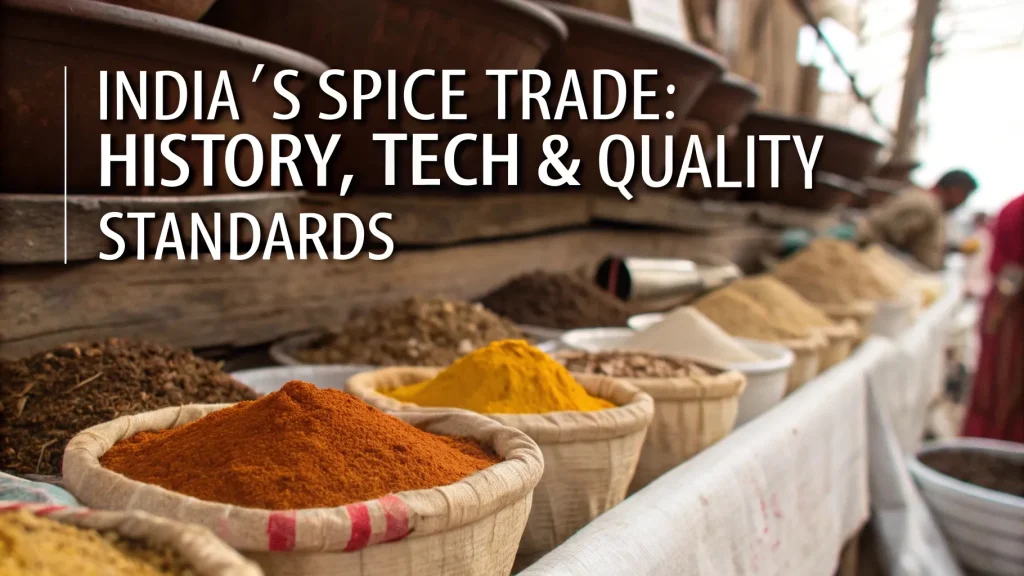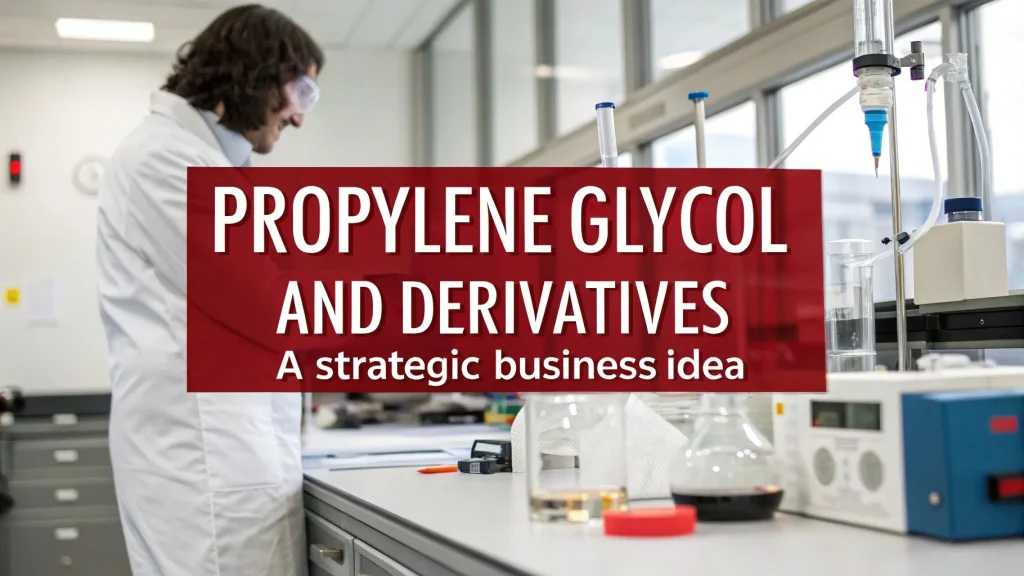Rice is a staple crop across much of the world, especially in Asia, and its cultivation results in vast amounts of by-products. One of the most abundant by-products is rice husk, also known as rice hull. It is the outer layer that covers the rice grain and is removed during the milling process. Historically, rice husk was considered agricultural waste and either burned or discarded. However, with the increasing focus on sustainability and resource optimization, this so-called waste is now being transformed into wealth across multiple industries. The unique properties of rice husk, including its high silica content, low density, and renewable nature, make it a valuable resource with diverse applications.
Exploring the Multifaceted Uses and Benefits of Rice Husk
The rice husk is composed mainly of cellulose, lignin, and silica, which gives it an edge in many commercial applications. Rather than discarding it, entrepreneurs and manufacturers are finding innovative ways to utilize rice husk, thereby minimizing environmental waste and maximizing profits.
1. Power Generation and Biomass Fuel
One of the most impactful uses of rice husk is in biomass energy production. Given its high calorific value and low ash content, rice husk can be used directly as a fuel or converted into briquettes and pellets. These are burned in biomass power plants to generate electricity and heat. Countries like India, Thailand, and Vietnam have tapped into this resource to power local communities and reduce dependence on fossil fuels.
Burning rice husk in a controlled environment not only produces clean energy but also leaves behind rice husk ash (RHA), which itself has several industrial uses. Biomass energy companies find rice husk an economical and sustainable source of energy, helping reduce greenhouse gas emissions and contributing to rural electrification projects.
2. Rice Husk Ash (RHA) in Construction
The silica-rich content of RHA makes it ideal for use in the construction sector. When rice husk is burned under controlled conditions, it produces ash with high reactive silica, which acts as a pozzolanic material. This means it can partially replace Portland cement in concrete, reducing costs and the environmental footprint of construction projects.
RHA-based cement is stronger, more durable, and more eco-friendly. In developing countries, RHA is even used to make bricks, tiles, and precast components. It contributes to building infrastructure that is both affordable and sustainable. The demand for eco-conscious construction materials has made rice husk a valuable raw material in green architecture and infrastructure.
3. Animal Feed and Bedding Material
Rice husk, though not very digestible, can be used in small quantities in animal feed formulations to add bulk and fiber. However, a more popular use is as bedding material for livestock and poultry. Its soft texture, absorbent nature, and cost-effectiveness make it ideal for creating a comfortable bedding layer in barns and poultry houses.
Farmers and poultry farms widely use rice husk as it also helps in controlling odor and maintaining hygiene. Once it becomes soiled, it can be composted or processed into organic fertilizer, adding another layer of utility to its usage.
4. Fertilizer and Soil Conditioning
In organic farming, rice husk has found its place as a soil amendment and natural fertilizer. When composted, it enriches the soil with organic matter and improves water retention. Even raw rice husk, when mixed into the soil, can enhance aeration and help in the slow release of nutrients.
Moreover, biochar derived from rice husk through pyrolysis (heating in low oxygen) is gaining popularity for its carbon sequestration abilities. Biochar not only locks carbon into the soil but also enhances soil fertility, crop yield, and microbial activity. Thus, rice husk supports both sustainable agriculture and climate change mitigation.
5. Packaging and Industrial Products
With the rise of eco-conscious consumers, biodegradable packaging is gaining traction. Biodegradable plastics and composites are being used to make cutlery, cups, trays, and containers. These products degrade naturally without harming the environment, unlike traditional plastics.
In addition, rice is used to manufacture lightweight boards and panels, which are used in furniture, interior decoration, and construction. These rice husk composite panels are termite-resistant, moisture-resistant, and fire-retardant, making them ideal for a range of industrial applications.
6. Rice Husk in the Silica Industry
Silica is a crucial raw material for many industries including rubber, ceramics, electronics, and glass manufacturing. The high silica content (around 20%) in rice husk makes it a cost-effective and renewable source of amorphous silica.
Advanced technologies now allow the extraction of ultra-pure silica from rice husk, which is then used in high-value industries like semiconductors, lithium-ion batteries, and specialty coatings. This adds a high-tech dimension to what was once agricultural waste.
7. Environmental Protection and Sustainability
The transformation of rice into useful products is an excellent example of the circular economy model. It reduces the volume of waste generated from rice milling and curtails the harmful environmental effects of burning husk in open fields, which contributes to air pollution and health issues.
By reusing and recycling rice, industries are not only improving their sustainability ratings but also actively contributing to the reduction of carbon emissions, soil degradation, and water pollution. This shift from waste to wealth showcases how agricultural by-products can play a major role in environmental conservation.
Global Market Trends and Opportunities
The market for rice products is expanding rapidly, driven by the growing demand for eco-friendly materials, renewable energy, and sustainable farming practices. Entrepreneurs and investors are exploring multiple avenues to commercialize husk products, from green construction to bioenergy and packaging solutions.
Startups in agritech, cleantech, and circular economy sectors are particularly well-positioned to capitalize on this trend. Governments are also offering subsidies and incentives for biomass energy and eco-friendly construction materials, making rice husk ventures more lucrative.
Challenges and Considerations
Despite its potential, there are challenges in processing and transporting rice. Its bulky nature and low density can lead to logistical inefficiencies. Proper drying, storage, and densification methods (like pelletizing) are essential for cost-effective utilization.
Additionally, the presence of contaminants or improper combustion methods can lead to the generation of low-quality ash, affecting the performance of the final product. Therefore, investments in appropriate technology and quality control are crucial.
Conclusion
Once considered a worthless agricultural by-product, has now become a valuable asset across multiple industries. It presents sustainable opportunities ranging from clean energy and soil improvement to bioplastics and the production of industrial-grade silica.
Rice emerges as a profitable, eco-friendly solution in the shift toward circular economy and green technologies. Entrepreneurs, farmers, and manufacturers alike have much to gain from this transformative journey of turning waste into wealth.
Visit the page Select and Choose the Right Business Startup for You for sorting out the questions arising in your mind before starting any business and know which start-up you can plan. We, at NPCS, endeavor to make business selection a simple and convenient step for any entrepreneur/startup. Our expert team, by capitalizing on its dexterity and decade’s long experience in the field, has created a list of profitable ventures for entrepreneurs who wish to diversify or venture. The list so mentioned is updated regularly to give you a regular dose of new emerging opportunities.




